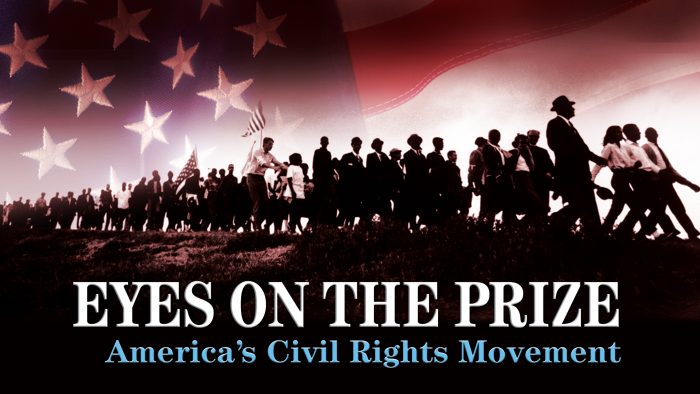Harvard Announces the Black Film Project, with a First-Place Prize Supported by the Smithsonian
The Black Film Project will help widen the aperture through which Americans see ourselves and each other.
This month, Harvard University announced the Black Film Project, a new initiative designed to support filmmakers whose work focuses on Black history and culture. Participating filmmakers will be eligible for the Henry Hampton Prize for Documentary Filmmaking on Black History and Culture—a joint endeavor with Harvard and the Smithsonian—that awards $200,000 annually to a first-place winner.

Courtesy of the Independent Black Filmmakers Collective
The Black Film Project hopes to incentivize and incubate new content about Black history and culture; it will support both narrative and documentary films. While the focus of participants’ projects must be on African Americans, the project is open to filmmakers of all racial and ethnic backgrounds. It was created by Dr. Henry Louis Gates Jr., the Alphonse Fletcher University Professor and the director of the Hutchins Center for African and African American Research at Harvard University. Dr. Gates is an Emmy and Peabody Award-winning filmmaker in his own right; he is also a longtime friend of mine. This project came out of our shared admiration for the art of filmmaking—it is designed to help a new generation of directors widen the aperture through which Americans see ourselves and each other.
“We want the Black Film Project to identify, celebrate, and seed the work of talented artists of any ethnicity and, in doing so, to create an environment in which this renaissance can continue for many years to come.”
—Henry Louis Gates Jr.
Dr. Gates describes this project as part of a renaissance in Black filmmaking, fueled by the democratization of filmmaking technology and an insatiable demand for new stories that entertain and educate the public about Black history and culture. To paraphrase him, the Black Film Project sets out to sustain that renaissance by identifying, celebrating, and seeding the work of talented artists.
I have every confidence it will—not just for those whose work is selected for the grand prize, but for all who take part in the project. The second-place prize will enable a filmmaker in any genre to finish their project with the aid of $50,000; that award is made possible by philanthropist Eric G. Johnson, chairman of the board of directors for Baldwin Richardson Foods.
Harvard and the Smithsonian will set up an internal review committee and a national jury to select the recipients of both prizes. The Project will also establish three annual paid fellowships as part of the Hutchins Center’s W.E.B. Du Bois Research Institute Fellowship Program; fellows will have full access to Harvard’s extensive research and filmmaking resources and opportunities to present their work to the public.
I see this as the beginning of a project sure to yield groundbreaking works that will help change and expand the public’s understanding of Black history and culture. The first-place prize is named for the visionary who did just that: the late Henry Hampton, who was best known for Eyes on the Prize, a docuseries hailed as the definitive look at the American civil rights movement.

I remember when the series first came out: it was 1987, and I had spent a few years trying my own hand at filmmaking before deciding I was a far better historian than filmmaker. A year earlier, my distributor at Churchill Films had called me and suggested I make a film about the civil rights movement. I ignored his advice; I thought it was a piece of history that had already been exhaustively examined by documentarians and historians.
Of course, I was wrong: Eyes on the Prize broke new ground. It chronicled the Montgomery bus boycott; school desegregation in Little Rock, Arkansas; the right-to-vote battle in Mississippi; the march from Selma to Montgomery; and the Voting Rights Act of 1965. Yes, these pieces of history are among the most famous in the struggle for racial equality—but Eyes on the Prize pieced them together beautifully and revealed new truths that had not yet been captured so seamlessly in modern entertainment. As it turned out, there was much more for filmmakers to say about the civil rights movement—and Henry Hampton had seen that with clarity.
While my own career in film was mercifully short-lived, it reinforced the power of the medium. There are so many talented filmmakers poised to tell stories that deserve to be heard. The Black Film Project will help give them the resources and recognition they need to bring those stories to life.
Posted: 27 February 2024
-
Categories:
Collaboration , Education, Access & Outreach , From the Secretary , News & Announcements , Volunteer Voices







